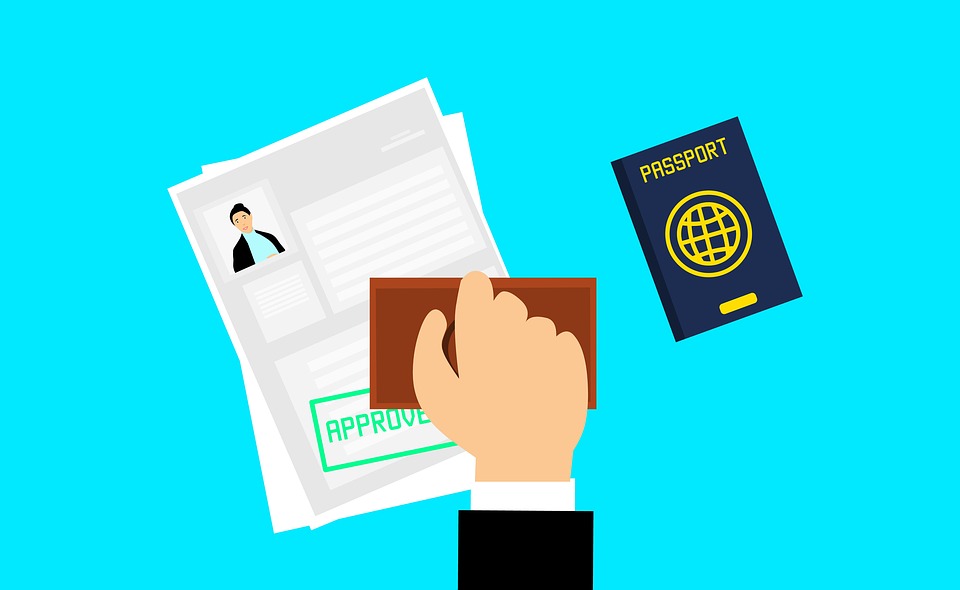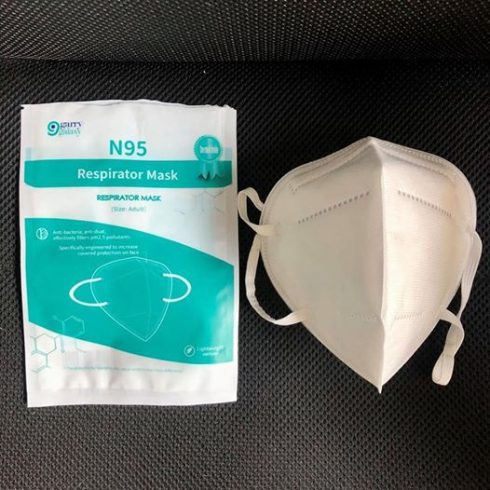AS Spain’s central government begins to study different lockdown exit strategies, several proposals have been put forward by autonomous communities to protect the public against new waves of COVID-19.
The Government of the Balearic Islands has raised the possibility of introducing an ‘immunological passport’ which all tourists would need to obtain to be able to enter into the region.
In a bid to safeguard the health of the Balearic community and at the same time reactivating a highly valued tourism industry, President Francina Armengol laid down the proposal to Prime Minister Pedro Sanchez in their weekly videoconference.
This electronic health passport would implement technological tools to monitor variables such as the temperature of citizens, thus giving the authorities a way to assess the health status of those arriving to the islands.
The innovative tool could also show if an individual has tested negative or positive for COVID-19, serving as proof that they have no risk of introducing the virus to the region.
“We want to ensure there is maximum surveillance on those who arrive to the Balearic Islands,” said Armengol.

The idea has already been backed by the CEO of Melia Hotels, Gabriel Escarrer, who in an interview with Periodico Ibiza, said that Spain must push the European Union to implement a digital health passport.
This he said, was the the only way to remove the stigmatism that currently surrounds the country’s tourist destinations.
Since the outbreak of coronavirus, experts across the world have discussed the idea of an ‘immunity passport.’
In the UK, Health Secretary Matt Hancock suggested that Britons who have beaten the virus could be issued with a certificate or wristband to show that they have the antibodies against COVID-19 and therefore have immunity.
The UK-based cyber security firm VSTE has also presented its version of a health passport to help kickstart the sporting industry in the coming months.
Used with a government-approved COVID-19 testing kit, the digital passport would confirm whether its holder has tested negative or positive for coronavirus.
Moreover, researchers in Germany have been conducting a large-scale study on how many people are already immune to the virus.
This information is hoped to be used by the authorities so that they can issue ‘immunity passes’ where individuals would be exempt from the current restrictions on activities.
Although the premise appears positive, the evidence surrounding COVID-19 immunity is still unknown given how new the virus is and how it continues to evolve.
Click here to read more Mallorca News from The Olive Press.








